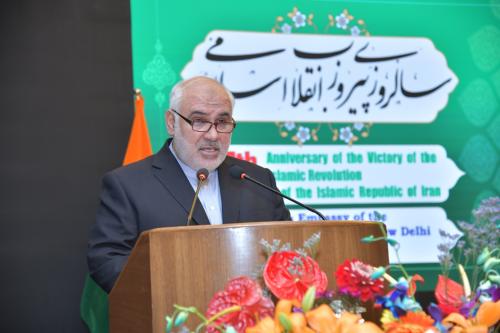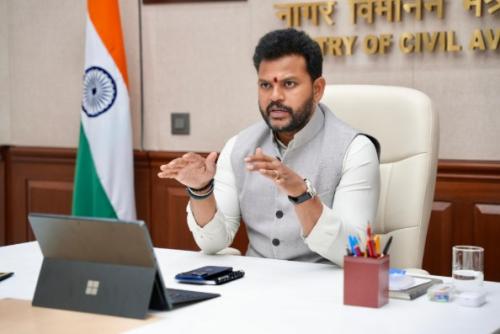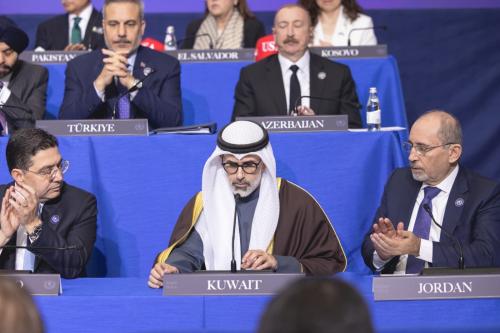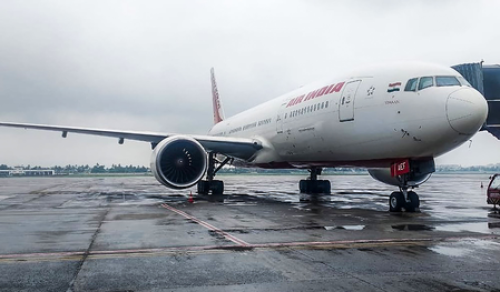RAHUL KUMAR New Delhi, April 14: South Asia is in turmoil. In August 2021, Afghanistan went the Taliban way - now the country faces a humanitarian crisis with development indicators touching rock bottom and nearly five million people seeking shelter in Iran. The rest of the world worries that the country does not again turn into a nursery for global jihadis. Next door, Pakistan's evergreen tussle between the political dispensation and its military continues even as the latter faces fatal attacks from Baloch nationalists, Taliban militants and Pashtun groups. This is not to mention Islamabad's soaring debt and attacks on Chinese nationals resulting in the grounding of the famed China Pakistan Economic Corridor (CPEC). Sri Lanka leads with bad news since last year over its debt burden, rising inflation, fuel crisis and food shortage. People are camping on the streets, asking strongarm President Gorabaya Rajapaksa and his family members to quit. The country has accumulated foreign loans worth $51 billion on which it officially defaulted on Tuesday. Reports over the past week suggest that Nepal is headed the Sri Lanka way as the government removed Central Bank Governor Maha Prasad Adhikari. It also curbed imports of cars, cosmetics and gold after the government noticed foreign currency reserves going downhill. The previous Communist government by KP Sharma Oli left no stone unturned to drive governance downhill. On India's eastern border, Myanmar has been in a state of military rule since February 2021 soon after it held successful elections, derailing a fledgling democracy. Now the country is rife with internal conflict. Experts say India cannot remain immune to this political, economic and social instability in its closely-knit neighbourhood where people enjoy close cross-border ties. Dhananjay Tripathi, Assistant Professor, Department of International Relations, South Asian University, tells India Narrative that India will have to act proactively. "It will have to provide humanitarian aid to countries that are facing a food crisis, which we are already doing in Afghanistan and Sri Lanka". He adds that any other support that India provides to its neighbours will have to be subtle and without political motives. Tripathi advises caution: "We can look at stabilising the situation in the neighbourhood but will have to tread cautiously as neighbouring communities are sensitive. They should not feel that we are interfering in their internal dynamics". A watchful India will have to ensure that external influences do not get a foothold in the neighbourhood. Interventions by China to prop up governments or provide help will not just be detrimental to the countries seeking help but will also undermine India. Prolonged instability in the region can also be fertile ground for international terror groups. The 2019 Easter bombings in Sri Lanka is one such example where the ISIS militants killed 269 innocent people and harmed the country's tourism sector. Last year, former Maldivian president Mohamed Nasheed was sought to be assassinated through a bomb attack in capital Male. The Indian Ocean archipelago country, located south-west of India has been battling strong Islamist influences. Besides unfriendly foreign influences, India will also have to protest its investments in these countries. Any anti-India feeling could lead to mob attacks on Indian projects in these countries. Besides investments, India is executing High Impact Community Development Projects related to education, health, tourism and others in friendly nations as part of its development assistance. Prime Minister Narendra Modi has invested considerably in the Neighbourhood First policy by visiting neighbours like Maldives and Bangladesh in his second term. Any turmoil around Indian borders will upstage Neighbourhood First and create known and unknown complications for India. As Tripathi says: "India has the economic capacity to give aid to neighbouring countries. We have the political will as well". (The content is being carried under an arrangement with indianarrative.com) --indianarrative
As the first responder in South Asia, how should India respond to rising instability?
- by Rinku
- April 14, 2022 2 minutes
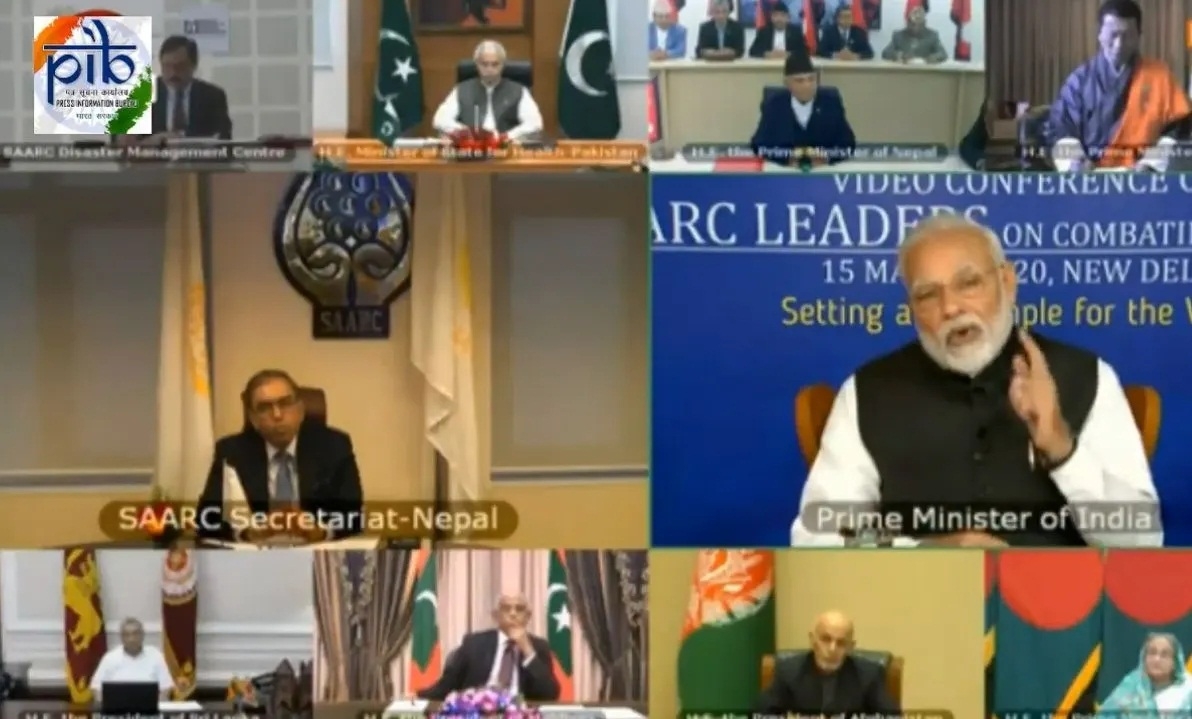
As the first responder in South Asia, how should India respond to rising instability?.(photo:IN)




